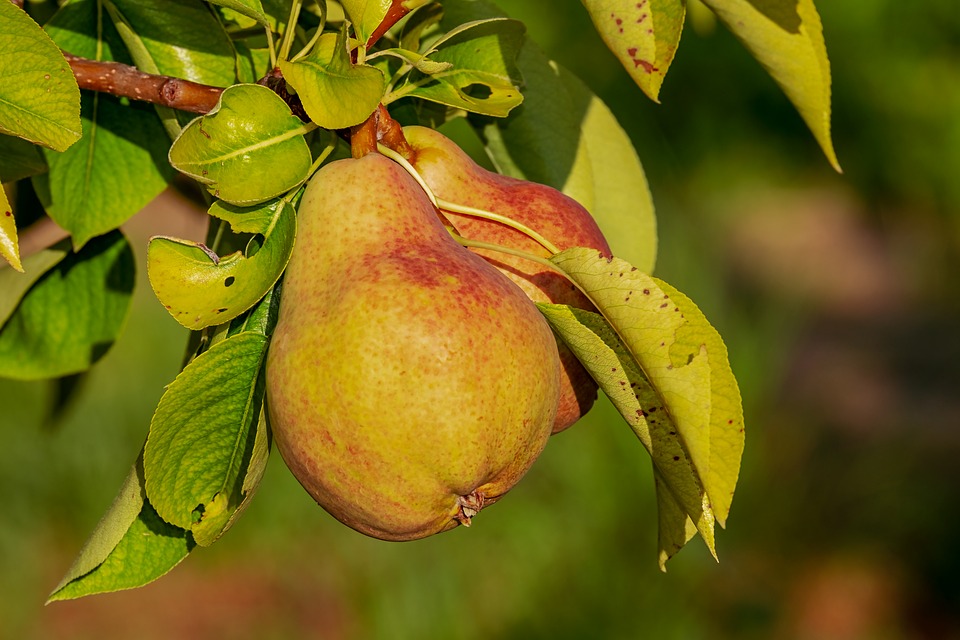Buddhism, certainly Tibetan Buddhism, places great importance on happiness. However, the emphasis in Mahayana Buddhism is not on one’s own happiness; it is the welfare of all sentient beings which is important. When we strive to bring joy to all beings, we can be sure of attaining even greater happiness for ourselves. This well — being ultimately surpasses any that material enjoyment can bring. Such is the Tibetan Buddhist view on happiness.
Buddhism, certainly Tibetan Buddhism, places great importance on happiness. The emphasis in Mahayana Buddhism is not on one’s own happiness but rather that of all sentient beings. When we strive for the welfare of all beings, we can at the same time attain even greater happiness for ourselves. This well-being ultimately surpasses any that material enjoyment can bring. Such is the Tibetan Buddhist view on happiness.
~ Depicted from Luminous Wisdom Book Series 9











